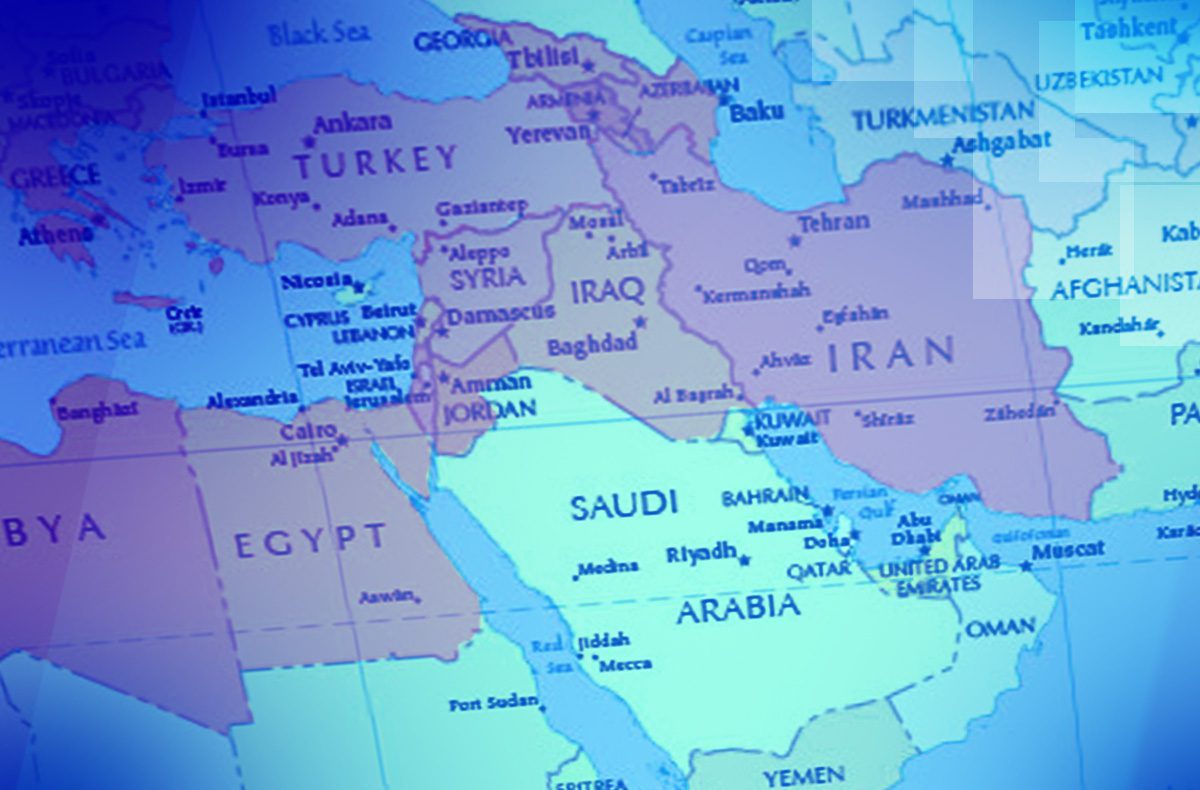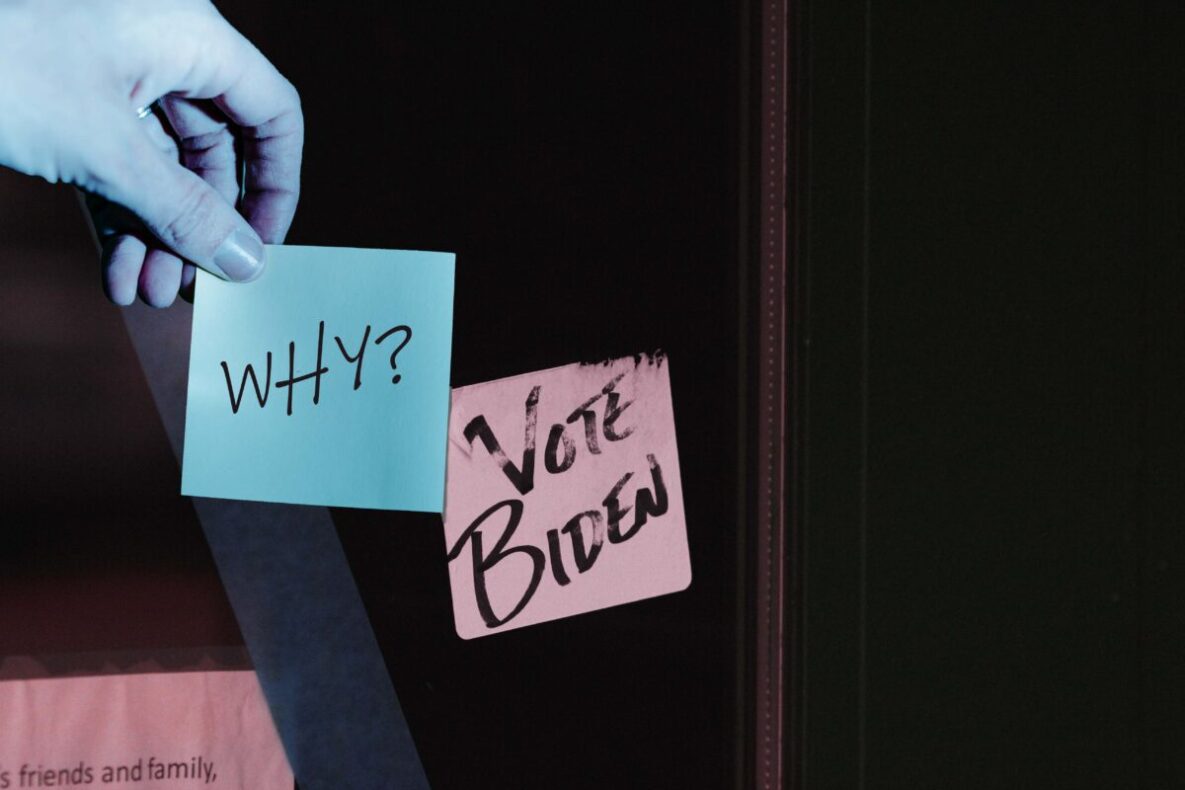
Jennefer Witter explains unconscious bias and its impact on our working lives:
Several years ago, before digital access was ubiquitous, as a public relations executive working at a major agency, I developed a cordial relationship with a trade publication reporter.
We had never met in person and made plans to meet at a trade show at his publication’s booth. I headed to the booth with one of my staff members, a white woman. I am Black. He had his back turned when I said, “Hi, it’s Jennefer.”
When he turned around, he spoke only to my staffer and ignored me, assuming, perhaps because of my white-sounding name, that she was Jennefer and I was the subordinate.
“I’m Jennefer,” I repeated.
He was visibly taken aback, assuming from our conversations that I was white.
Name bias on the basis of ethnicity and race is only one factor of discrimination for people of color in business and leadership circles. Anecdotally, many report that they have sanitized their ethnic names, reverted to initials or changed their names altogether—and for good reason.
A recent Nature study examining the data collected from 44,000 participants on name evaluations showed that race perceptions lead to “racial treatment effects,” and judgments about income, education and citizenship when the name was the only source of information.
This deeply affects the workplace in hiring as it blocks even the first opportunity to entry.
An even larger study in 2022 from University of California-Berkeley and University of Chicago researchers found that of 83,000 job applications to 108 companies, including half with “white-sounding names” and half with “Black-Sounding names,” those with Black-sounding names were called back for interviews 10% less often. The gap was the same for male and female applicants.
What is in a name is apparently enough to sabotage even the initial steps in a career. This is not limited to the U.S., nor is it new. It is part of the larger systemic cultural bias and discrimination that needs to be addressed and solved—by individuals, institutions, corporations, leaders and policymakers.
A 2009 Department of Work and Pensions study in the UK compared identical job applications, with the only difference being the name of the applications. Employers responded positively to white-sounding applicants 68% of the time and 39% for ethnic-sounding minority applicants.
Judgments and perceptions regarding names begin at birth.
The three most popular baby names of 2023 are Olivia, Emma and Amelia for girls and Noah, Liam and Oliver for boys. The list of 100 names is Eurocentric. Serenity appears for girls at number 66, Leilani at 73 and Jaxson for boys at 66. And yes, that statement is a presumption of race and ethnicity.
April is Celebrate Diversity Month, so perhaps it is noteworthy that this bias is shifting. In the award-winning ABC-TV series, “Abbott Elementary,” the creation of writer, producer and actor Quinta Brunson, the character names of Shanae, Denzel, Delisha, Draemond and Venus demonstrate real-life diversity and inclusion to audiences weekly.
TIME magazine recently had its first-ever Spanish language cover honoring Bad Bunny.
But acknowledging these biases is only the first step. Understanding how to address these implicit and overt biases and how to promote diversity, equity and inclusion beyond checking the box for it is urgently necessary. Equity, fairness and justice are the goals.
Perhaps knowing that inclusive workplaces are more profitable and that diverse teams make better decisions is integral information. A recent study shows that diverse teams make “better business decisions 87% of the time”—an overwhelming nod to the bottom line. The report states that inclusive teams produce “decision-making two times faster with half the meetings” and “improve decision team results by 60 percent.”
A University of North Carolina-Pembroke 2021 paper reports that as far as diversity, equity and inclusion (DEI) goes, the numbers do not lie. The paper shows, “Gartner research reveals that through 2022, 75% of organizations with frontline decision-making teams reflecting a diverse and inclusive culture will exceed their financial targets, according to recent studies.”
This is not just in the U.S. but a global phenomenon. The UNC paper reports, “World Economic Forum research shows that companies with above-average diversity scores drive 45% average revenue from innovation, while companies with below-average diversity scores drive only 26%.”
What is essential is for individuals to examine their own proclivities for bias—and name assumption is just the beginning—and educate themselves in anti-racist training and programs. The Harvard Implicit Association Test is a start. Checking behaviors and comments—and refraining from any snap judgments—is a next small step.
At a time when DEI is challenged in academia, workplaces and culture, it is crucial that leaders in organizations, administrators in human resources and at all levels of corporations stand firm on the need to abolish the common practices that are barring so many qualified, eager participants from demonstrating their worth.
The name of a candidate should be just the beginning of a stellar career, not the end.



